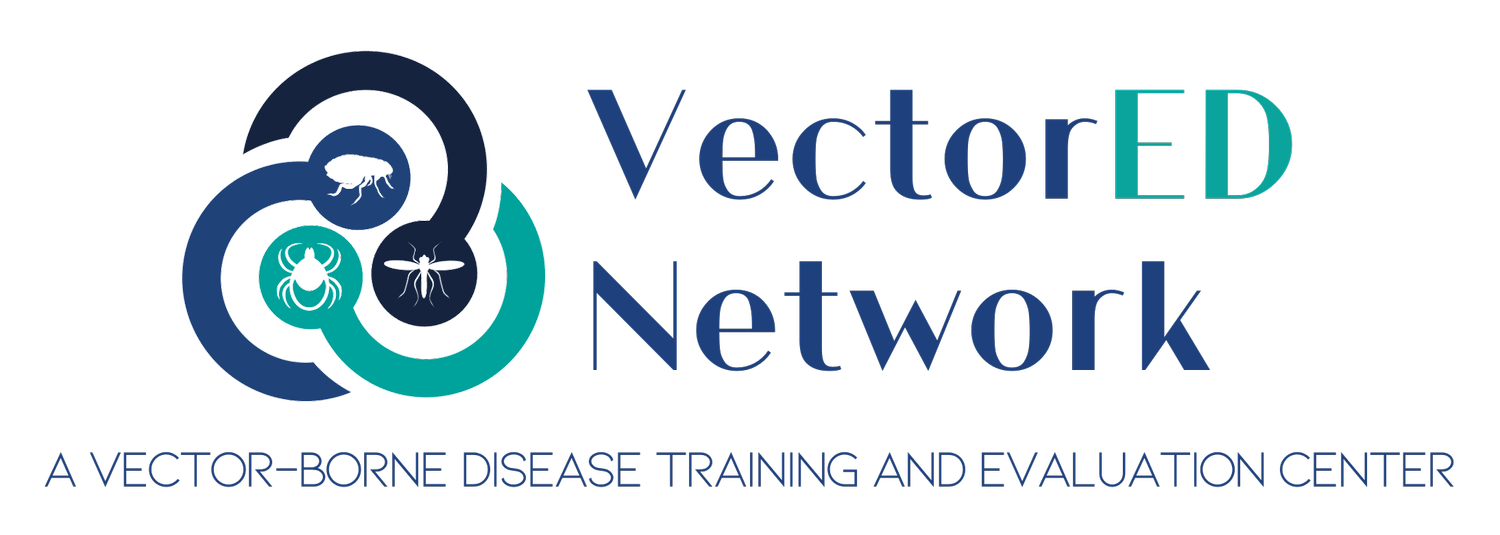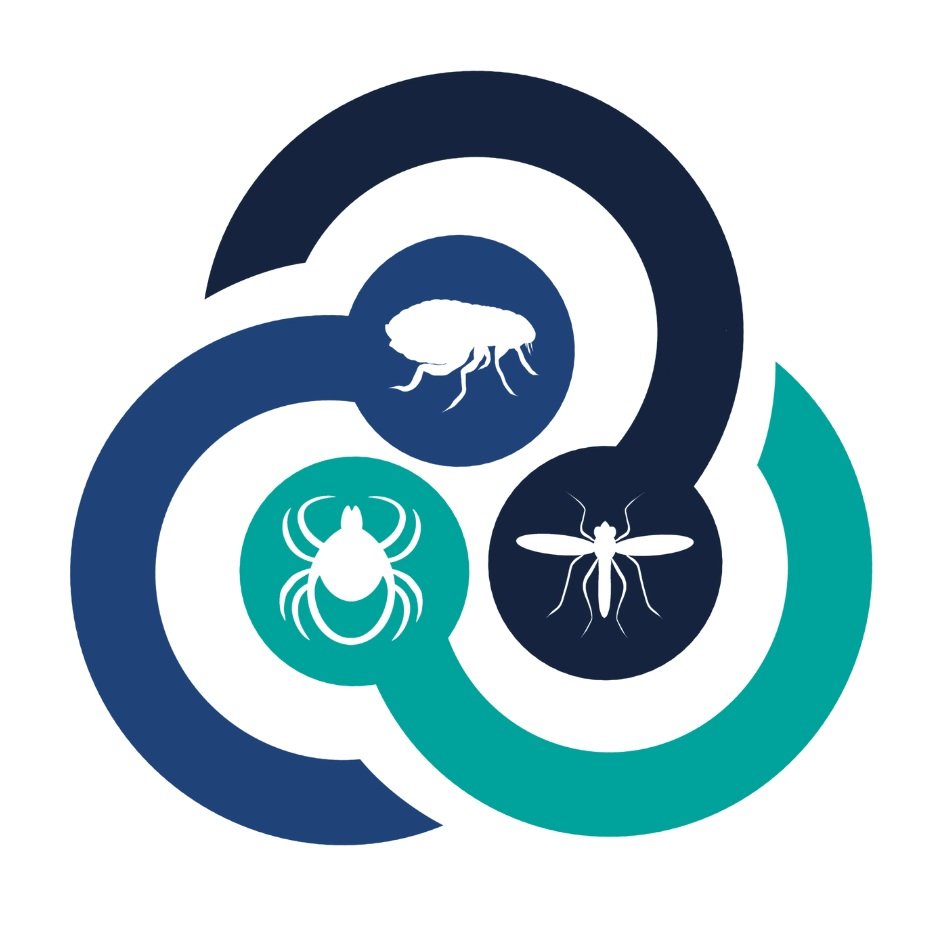
Pest Management Professionals
Pest management professionals (PMPs) work to control and maintain control of many types of pests. Some of these pests may not be vectors, but many of them can transmit pathogens that cause disease.
The VectorED Network will work with PMPs across our region to determine what types of information related to vector-borne diseases they require.
Our pest management professional (PMP) objectives are:
1 Evaluate the baseline knowledge of PMPs regarding vector control for public health, identify barriers to adhering to regulations, guidelines, and IPM principles, and assess the effectiveness of communication on vector-related information. Additionally, evaluate PMPs' perceptions of reference materials, technical tools, and resources, and how these impact their ability to perform vector management duties effectively.
2 Assess service managers' knowledge of public health vectors and vector-borne diseases, their compliance with IPM regulations and guidelines, and their effectiveness in guiding PMPs. Evaluate the communication between service managers and public health officials regarding PMP training materials and assess managers' perceptions of the impact of allocated financial and human resources on vector management efficiency.
3 Assess homeowners' current knowledge of vectors of public health importance, evaluate the effectiveness of information they receive from public health officials regarding vector control, and identify what additional information they seek from PMPs. Additionally, evaluate homeowners' access to resources and information on vector control, and identify gaps that may hinder their ability to manage vector-related risks effectively.
This image was created with AI
Who does this benefit?
These goals benefit PMPs who will gain improved knowledge and access to better resources, enhancing their effectiveness in managing vectors and ensuring compliance with regulations and best practices. Homeowners will see improved access to information and resources, which will help them manage vector-related risks more effectively and safeguard their health. Service managers will gain insights into their own knowledge, communication practices, and resource allocation, leading to optimized vector management strategies and greater operational efficiency. Ultimately, these improvements contribute to the overall health and safety of the public by reducing the risk of vector-borne diseases.



